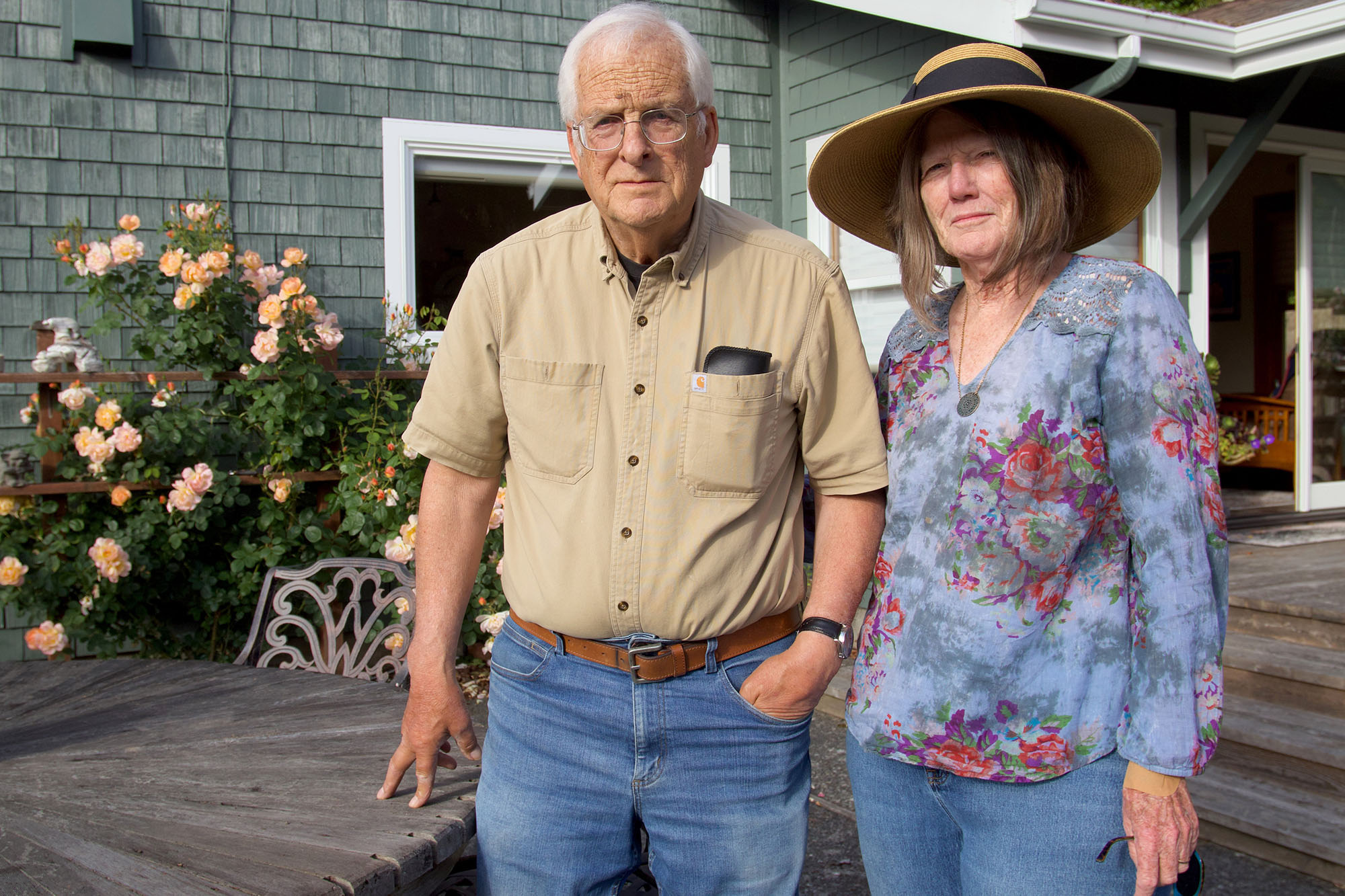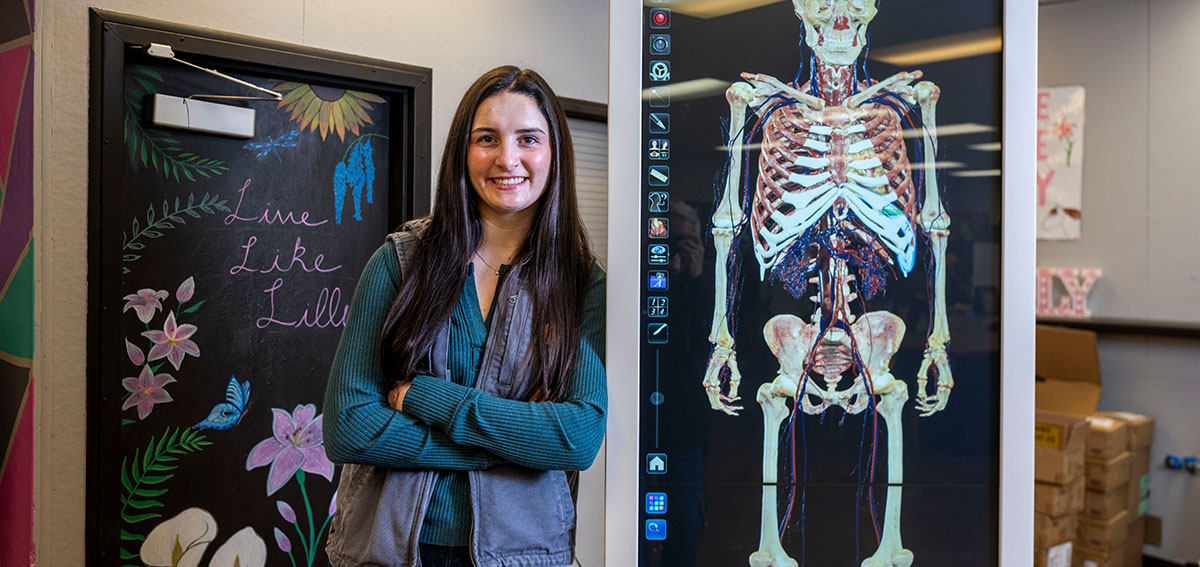View the Report
Jump to All Downloads & LinksKey takeaways
- Partner with community health workers. SD Healthcare sends out community health workers — who are seen as trusted messengers — to talk with enrollees and families about the value of the service.
- Make adjustments based on local needs. SD Healthcare learned that it may take more home visits than are allowed for in the contract to resolve an issue. Ultimately, Kern Family Health Care saw that to be fair to its community-based organization partners, its contracts needed to be changed.
CalAIM (California Advancing and Innovating Medi-Cal) enables managed care plans to offer 14 Community Supports — services not traditionally covered by Medi-Cal that address health-related social needs. Some of these services, like housing navigation and medically tailored meals, have been readily adopted by participating health plans since the launch of Community Supports in 2022, while others have gotten off to a slower start. This fact sheet profiles one of the services with relatively low adoption: asthma remediation.
The goal of asthma remediation is to rid the home environment of triggers that might set off an asthma exacerbation requiring the health plan member to visit an urgent care clinic or hospital emergency department for treatment. Compared to repeated acute care visits, asthma remediation is more cost effective and leads to better patient outcomes.
This fact sheet looks at how asthma remediation has been implemented by Kern Family Health Care, a Medi-Cal managed care plan in Kern County. The plan has partnered with a local community-based organization, SD Healthcare Consulting, to perform the remediation services.
Key takeaways for others implementing these Community Supports:
- Partner with community health workers. When SD Healthcare started offering asthma remediation in July 2022, members did not sign up. Now, it sends out community health workers — who are seen as trusted messengers — to talk with enrollees and families about the value of the service.
- Make adjustments based on local needs. SD Healthcare learned that it may take more home visits than are allowed for in the contract to resolve an issue. Ultimately, Kern Family Health Care saw that to be fair to its community-based organization partners, its contracts needed to be changed.
This fact sheet is drawn from a webinar that is part of a Center for Health Care Strategies series created to help inform uptake of Community Supports by spotlighting early adopters of services that have not been widely adopted. The webinars highlight provider-plan relationships to amplify promising practices for increasing Community Supports uptake across all 14 services.
Authors & Contributors

J. Duncan Moore Jr.
J. Duncan Moore Jr. is a freelance writer based in Kansas City, Missouri, who has been writing about health care for more than 25 years. He is a founder of the Association of Health Care Journalists.





